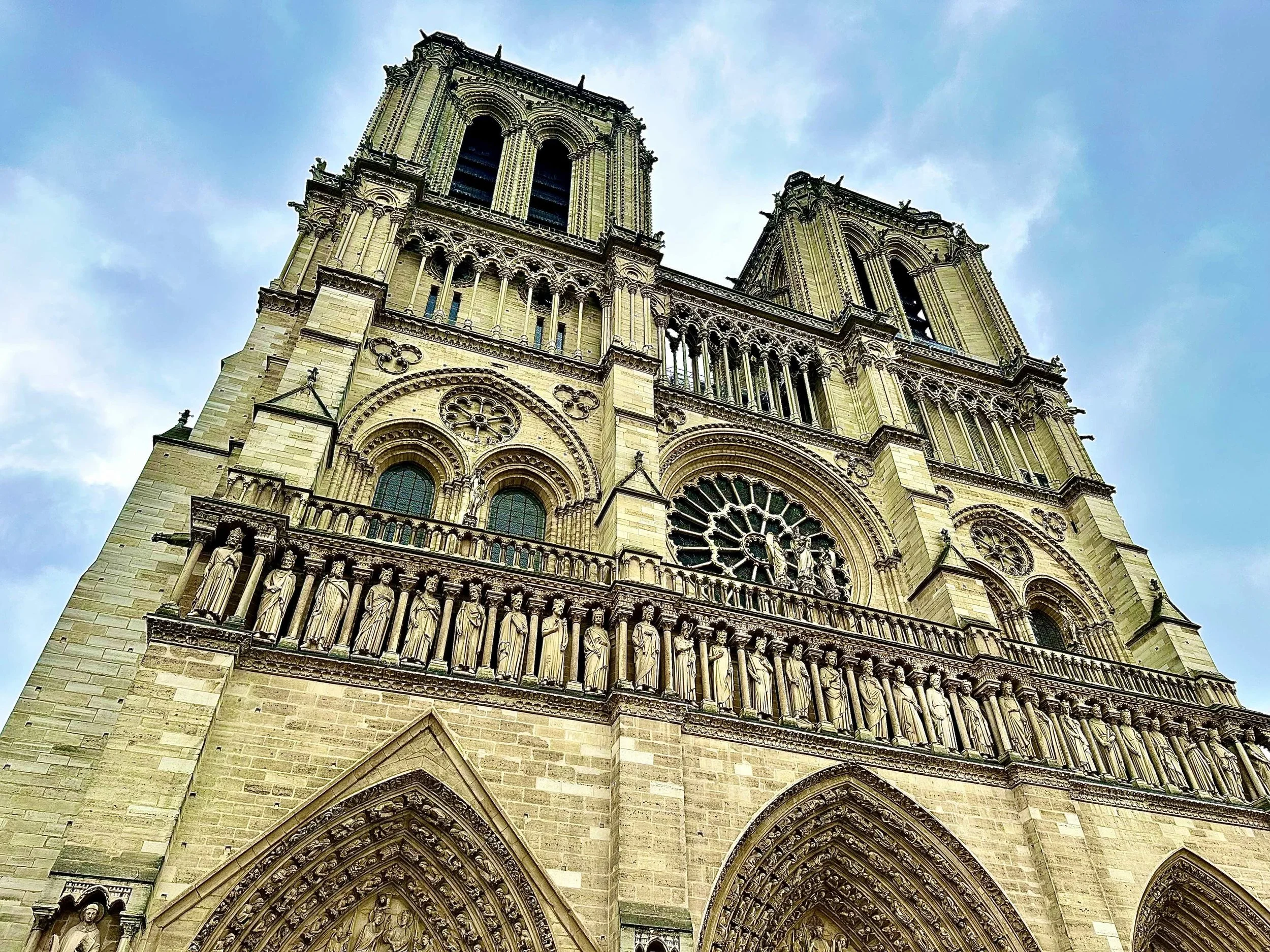In a world that often feels divided and hostile, there's a radical message of unity and purpose that challenges our conventional thinking. It's the story of an upside-down kingdom, where the weak shame the strong, and the foolish confound the wise. This kingdom isn't built with grand structures or powerful rulers, but with living stones - ordinary people transformed by an extraordinary God.
Imagine a magnificent temple, gleaming in the sun, a wonder of the ancient world. Now picture a group of diverse individuals gathered in a humble home - men, women, children, people from various ethnic backgrounds. Which one do you think God chooses as His dwelling place? Surprisingly, it's the latter. The early Christian church, a collection of "smelly misfits" as some might have seen them, became the true temple where God's presence resided.
This imagery comes from the letter to the Ephesians, written by the apostle Paul. He uses powerful metaphors to describe the church:
1. A Body: With Christ as the head, and believers as various parts working together in unity.
2. A Building: Built on the foundation of the apostles and prophets, with Christ as the cornerstone.
3. A Temple: Not made of stone, but of living people, where God's Spirit dwells.
Paul writes, "In him the whole building is joined together and rises to become a holy temple in the Lord. And in him you too are being built together to become a dwelling in which God lives by his Spirit." (Ephesians 2:21-22)
This concept would have been revolutionary to its original audience. In a world of competing gods and grand temples, the idea that the true God would choose to dwell among a diverse group of ordinary believers was astounding. It's a reminder that God's ways are not our ways - He often works through the unexpected and overlooked.
The letter goes on to reveal a profound mystery: God's plan to unite Jews and Gentiles into one new humanity through Christ. This wasn't just about religious harmony; it was a cosmic declaration of God's victory over the powers that seek to divide humanity. Paul, writing from prison, sees his suffering as part of this grand narrative. He's not defeated; he's participating in God's upside-down strategy to shame the powers through weakness.
This new humanity, the church, stands as a rebuke to the "powers and principalities" that have fragmented human relationships since the beginning. It's a return to God's original design in creation - a diverse yet unified humanity imaging God's character to the world. In Christ, "There is neither Jew nor Gentile, neither slave nor free, nor is there male and female, for you are all one in Christ Jesus." (Galatians 3:28)
But how does this play out in real life? The church is called to be:
1. A place of reconciliation, where old divisions are healed.
2. A community of forgiveness, reflecting God's grace.
3. A family where humility and gentleness are cultivated.
4. A gathering where everyone, regardless of background, stands on equal ground.
This vision challenges us deeply. In a world quick to judge and divide, we're called to a different way. It's not about conquering culture or withdrawing from it, but about living such good lives that others are drawn to the God we serve. As Peter writes, "Live such good lives among the pagans that, though they accuse you of doing wrong, they may see your good deeds and glorify God on the day he visits us." (1 Peter 2:12)
The spiritual warfare we're engaged in isn't primarily against people, but against the powers that seek to divide us. Our weapons? Truth, righteousness, peace, faith, salvation, and prayer. Our battlefield? Often it's in our homes, our neighborhoods, our workplaces - anywhere we have the opportunity to break down barriers and build bridges.
This calls for a radical hospitality. It means inviting people into our lives who we might not naturally associate with. It requires listening and seeking to understand before rushing to judgment. It demands that we see every person as bearing God's image, worthy of dignity and respect.
The challenge is great, but so is the promise. Paul prays for the Ephesians, and for us, "that out of his glorious riches he may strengthen you with power through his Spirit in your inner being, so that Christ may dwell in your hearts through faith." (Ephesians 3:16-17) This isn't about mustering up our own strength, but relying on God's power working through us.
As we navigate a world full of tension and division, let's remember our calling. We are living stones in God's temple, a new humanity united in Christ. Our unity in diversity is a powerful witness to the world of God's reconciling love. It's not always easy, and we'll often fall short, but this is the glorious vision we're invited to participate in.
So let's ask ourselves:
- How can we be agents of reconciliation in our spheres of influence?
- Where do we need to extend forgiveness or seek it from others?
- How can we cultivate true humility and gentleness in our interactions?
- Who are the people different from us that we need to build bridges with?
The world is watching. Not for perfection, but for authenticity. For communities that embody grace, forgiveness, and love across dividing lines. For people who aren't afraid to associate with those society often overlooks or marginalizes.
In doing so, we become living proof of the upside-down kingdom - where the last become first, where enemies become family, and where God's presence dwells not in buildings, but in the hearts of His people. May we embrace this calling with courage, grace, and love.

